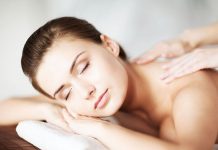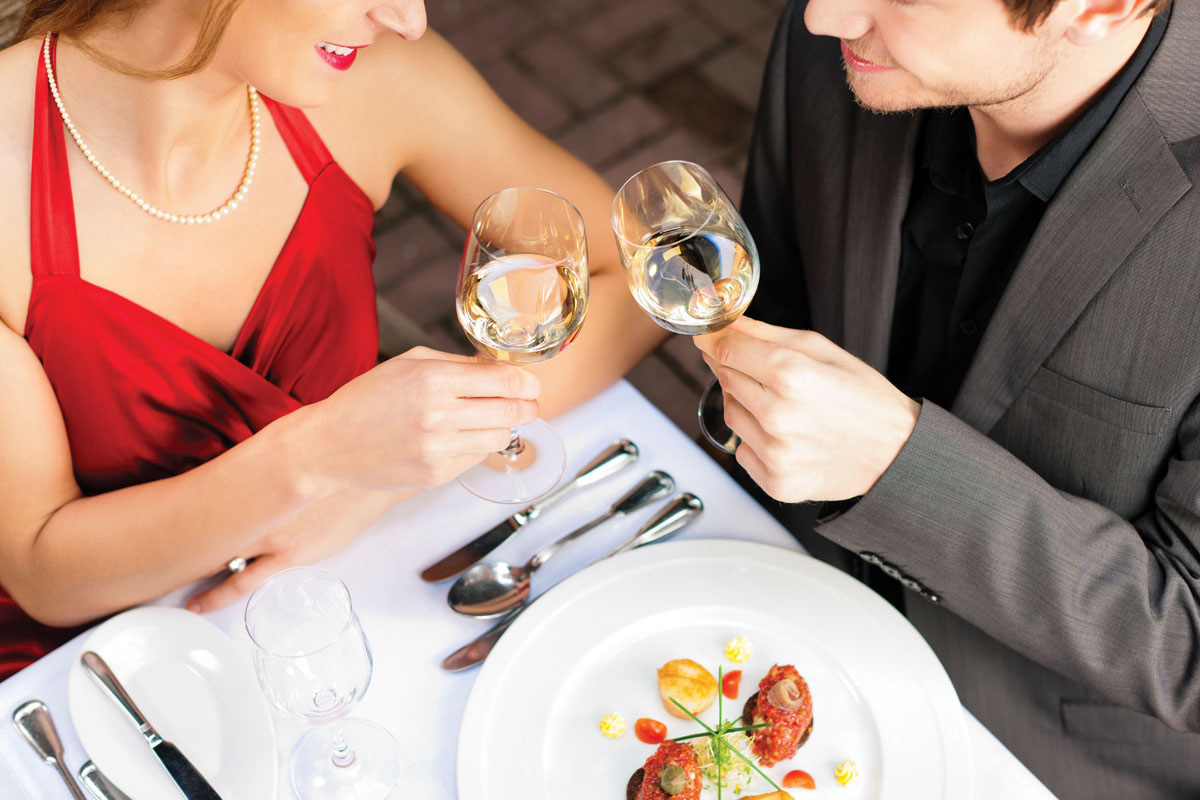 A quote I recently discovered, one that has become a maxim in the last year is Jim Rohn’s idea that you are the average of the 5 people you spend the most time with. Take a good look around you. Observe. Who would those individuals be for you? How do they add to, or diminish, your quality of life, experience and growth — and, of course, vice-versa?
A quote I recently discovered, one that has become a maxim in the last year is Jim Rohn’s idea that you are the average of the 5 people you spend the most time with. Take a good look around you. Observe. Who would those individuals be for you? How do they add to, or diminish, your quality of life, experience and growth — and, of course, vice-versa?
Aphrodisiacs are foods, elixirs, or scents that are believed to have potent ingredients with the power to increase desire, enhance sensuality and send libidos through the roof, when consumed or applied. The name originates from Aphrodite, the Greek goddess of love & beauty. Different parts of the world claim their erotic potions and fare to be the most robust and commanding, and they’ve been doing so for centuries.
For Greeks and later Romans, garlic, basil, nutmeg and oregano were considered holy herbs for their ability to increase the production of serotonin in the brain, promoting a sensation of happiness. The Western World’s urban slang of popping cherries is not so far-fetched when associating it with sexual behavior. Cherries are high in potassium, magnesium, iron and antioxidants — all invigorating to the body because they increase bloodflow.
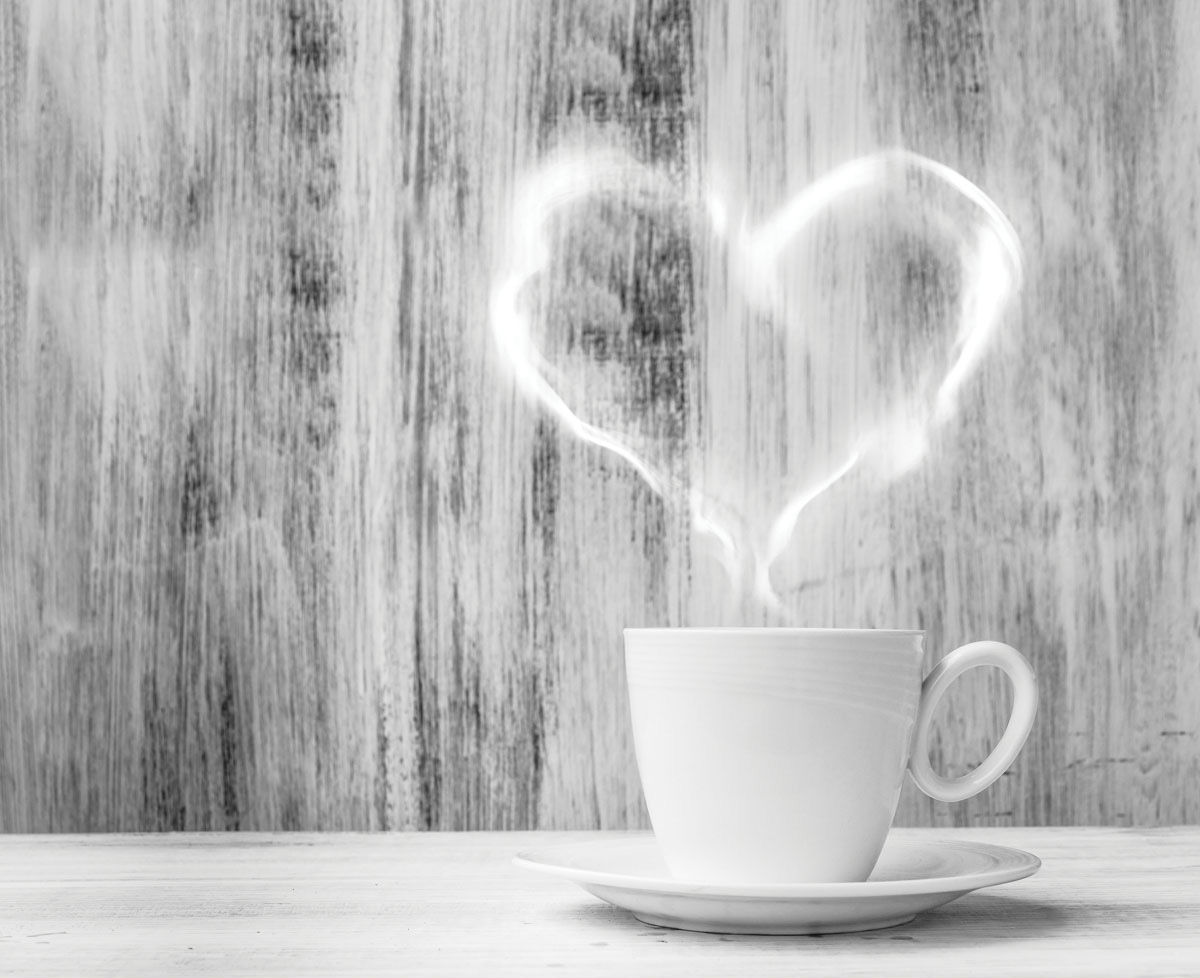 In The Andes, the maca root, with its natural steroid-like chemical called sterol is a libido-booster. In The Philippines, fertilized duck eggs boiled in their own shells (balut), act as an all-natural Viagra; and in Zimbabwe mixing baboon urine into a tall glass of beer is lauded by the locals for making men strong like bull [no wait, make that, strong like primate.]
In The Andes, the maca root, with its natural steroid-like chemical called sterol is a libido-booster. In The Philippines, fertilized duck eggs boiled in their own shells (balut), act as an all-natural Viagra; and in Zimbabwe mixing baboon urine into a tall glass of beer is lauded by the locals for making men strong like bull [no wait, make that, strong like primate.]
According to the FDA, there’s no such thing as an aphrodisiac. Jennifer Bass, spokesperson for the Kinsey Institute for research in sex, gender and reproduction, believes that when it comes to everything from food to pharmaceuticals that are used for sexual attraction and arousal, you always have to factor in a large placebo effect. But is it just a placebo effect, or do aphrodisiacs really work?
Mabel Iam, Author of Sex & The Perfect Lover: Tao, Tantra & The Kama Sutra, explains it best: “In all cultures and times, experiencing the utmost pleasure has been a human objective,” she says. “Previously, it was believed that all food arriving from exotic places contained magical erotic properties. That’s why the discovery of America and its various crops became the rage in European courts.” In fact, it’s believed that Madame De Pompadour, courtesan and adviser to Louis XIV ate truffles and vanilla to increase her sexual prowess in order to better engage the king’s lustful appetite.
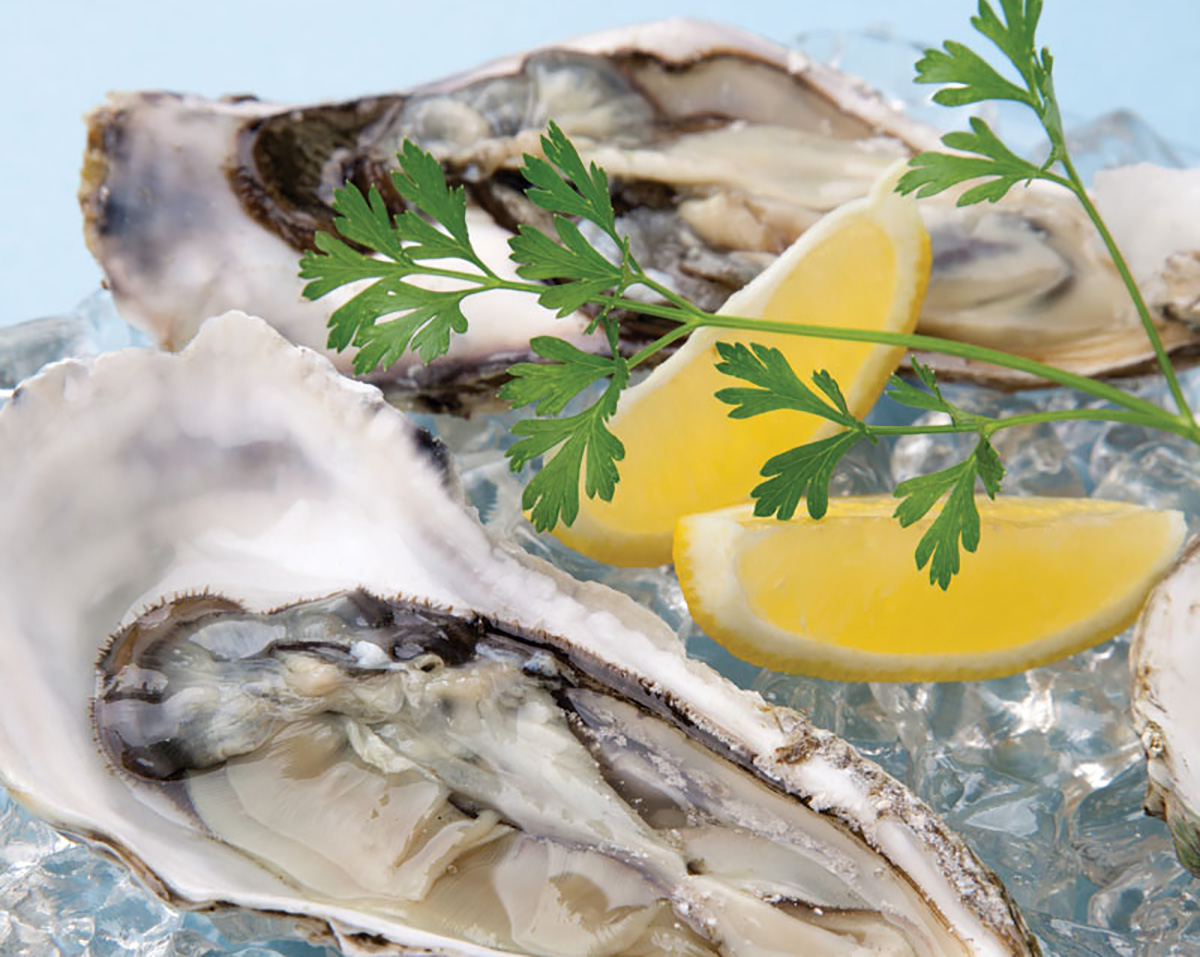 Moreover, 18th Century Italian Author, Adventurer & Lothario Giacomo Girolamo Casanova, ate 60 oysters a day to keep him virile. The sea-dwelling mollusks are high in zinc and iron increasing the production of testosterone, a sex hormone important for both men and women in helping them retain sexual desire. And before them both, Cleopatra the queen and temptress of The Nile, is believed to have bathed in goat’s milk for its hydrating and beautifying properties, as well as concocting an early version of perfume made from rose petals (for the sweet notes) cardamom & cinnamon — herbs that are warming and stimulating.
Moreover, 18th Century Italian Author, Adventurer & Lothario Giacomo Girolamo Casanova, ate 60 oysters a day to keep him virile. The sea-dwelling mollusks are high in zinc and iron increasing the production of testosterone, a sex hormone important for both men and women in helping them retain sexual desire. And before them both, Cleopatra the queen and temptress of The Nile, is believed to have bathed in goat’s milk for its hydrating and beautifying properties, as well as concocting an early version of perfume made from rose petals (for the sweet notes) cardamom & cinnamon — herbs that are warming and stimulating.
Aphrodisiacs do exist, but it all depends on their properties. For example, just because someone claims something is an aphrodisiac, the collective psyche of a particular cultural group believes it so, or advertisers spend big bucks to sway consumers, it doesn’t mean they are all The Real McCoy — as is the case with mint. Nutritionist Peggy Kotsopoulus says it’s great for fresh breath, but taking large dosages of mint works in favor of bringing down your sexual libido, not increasing it. Lecithin, on the other hand, a natural herbal remedy that may be bought over the counter, works as a component of both vaginal and seminal fluids, and combined with vitamin B assists in better lubrication and stamina.
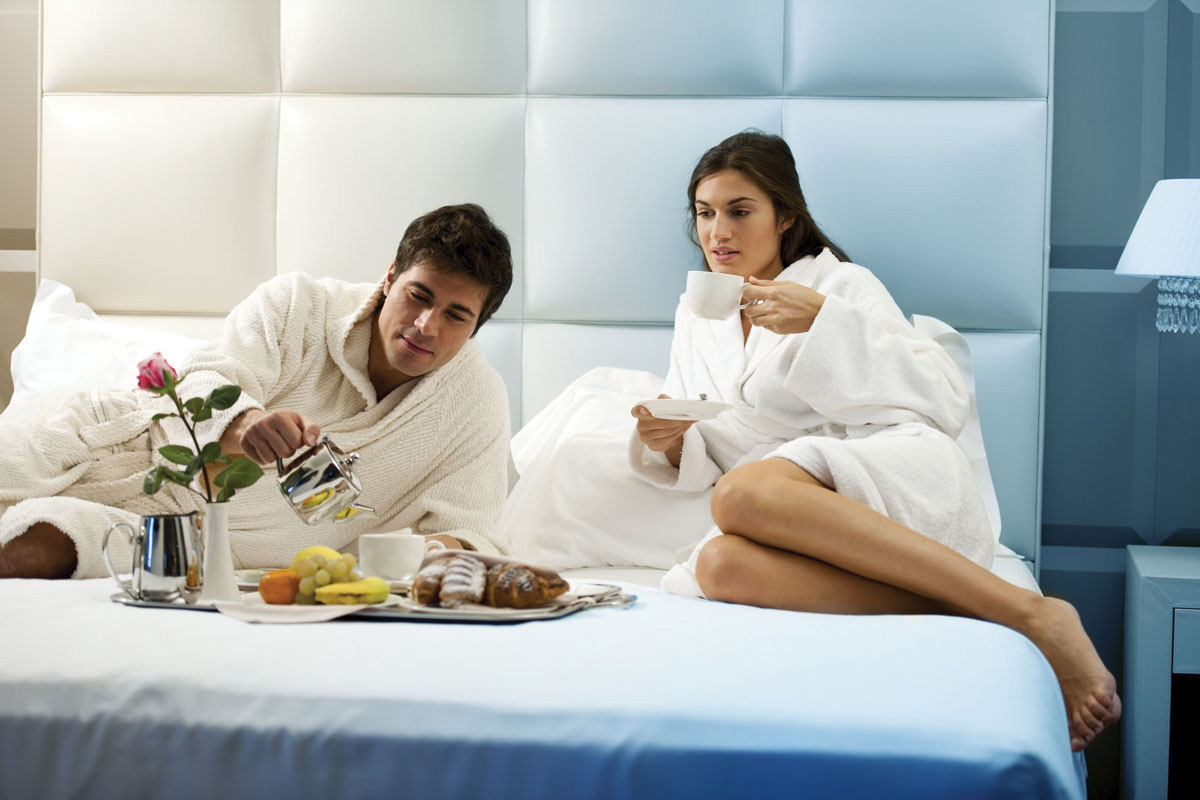 The way all of this unfolds in the human body is via a chain reaction. Firstly, either imagining or actually being in the presence of that which we find sexually stimulating. Now enter the aphrodisiac — considered vasodilators, they increase the size of our blood vessels, and awaken all senses instantaneously. Signals are sent from the limbic lobe of the brain (the part that regulates emotions and memory) via the nervous system straight to the pelvic region. The heart starts racing and vessels begin to dilate and constrict, causing an erection of the penis for men, and the cliterous for women. And while this entire conundrum in taking place in our body, our brain releases the neurotransmitters norepinephrine and dopamine, jolting us into a state of pleasure, euphoria, love and arousal.
The way all of this unfolds in the human body is via a chain reaction. Firstly, either imagining or actually being in the presence of that which we find sexually stimulating. Now enter the aphrodisiac — considered vasodilators, they increase the size of our blood vessels, and awaken all senses instantaneously. Signals are sent from the limbic lobe of the brain (the part that regulates emotions and memory) via the nervous system straight to the pelvic region. The heart starts racing and vessels begin to dilate and constrict, causing an erection of the penis for men, and the cliterous for women. And while this entire conundrum in taking place in our body, our brain releases the neurotransmitters norepinephrine and dopamine, jolting us into a state of pleasure, euphoria, love and arousal.
Lucky 7
Here are a few of the most accessible aphrodisiacs at your disposal — easily found around town at eateries, grocery stores or your fridge.
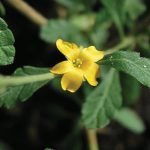 Damiana
Damiana
This was used as a tea by The Aztecs to soothe the nerves and to cure various levels of impotence and low sex drive.
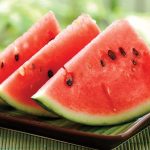 Watermelon
Watermelon
With a very high content of lycopene, this fruit provides a Viagra-like effect to those who consume it regularly.
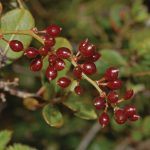 Sarsaparilla
Sarsaparilla
Consumed as a tea, it aids in hormonal balance among other aspects of overall wellness that help with sexual arousal.
 Bananas
Bananas
High in bromelain, potassium and Vitamin B, bananas work to increase libido, curb appetite and boost stamina.
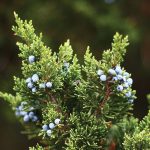 Juniper Berry
Juniper Berry
Prepared as a tea, it works as a double whammy by expelling negative energy and improving sexual vigor.
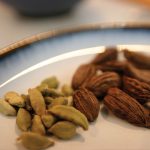 Cardamom
Cardamom
This spice has been used for centuries throughout the world in love potions and to cure low sex drive.
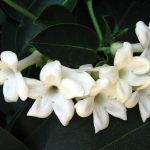 Jasmine
Jasmine
In its 100% pure essential oil form, it works as an antiseptic, easing depression and stimulating all of the senses.


